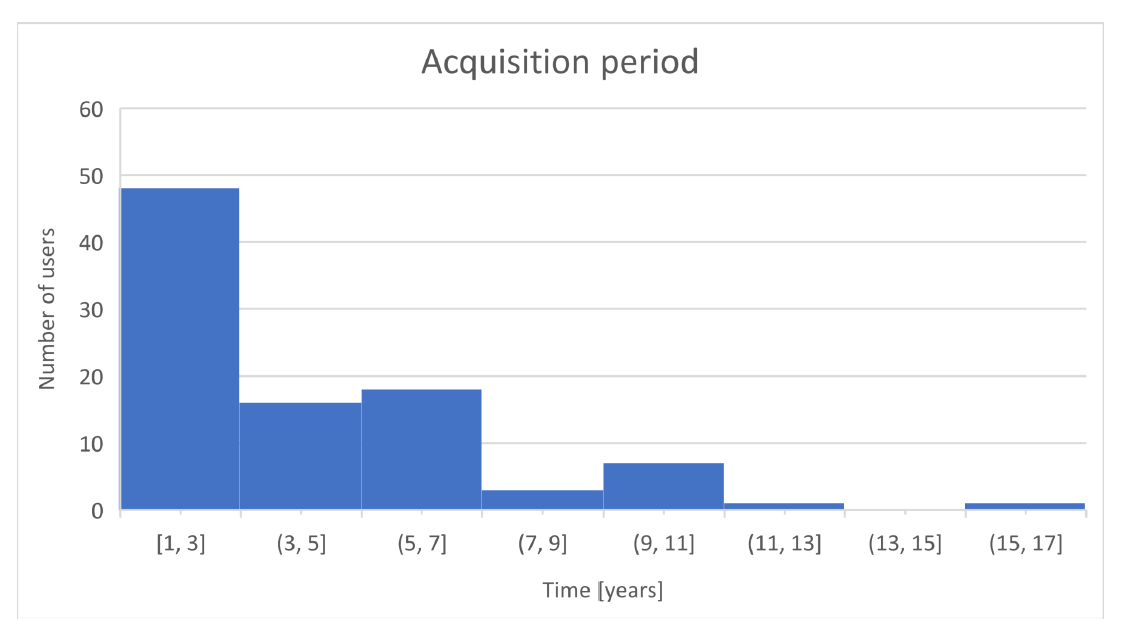Are Adaptive Face Recognition Systems still Necessary? Experiments on the APE Dataset
In the last five years, deep learning methods, in particular CNN, have attracted considerable attention in the field of face-based recognition, achieving impressive results. Despite this progress, it is not yet clear precisely to what extent deep features are able to follow all the intra-class variations that the face can present over time. In this paper we investigate the performance the performance improvement of face recognition systems by adopting self updating strategies of the face templates. For that purpose, we evaluate the performance of a well-known deep-learning face representation, namely, FaceNet, on a dataset that we generated explicitly conceived to embed intra-class variations of users on a large time span of captures: the APhotoEveryday (APE) dataset. Moreover, we compare these deep features with handcrafted features extracted using the BSIF algorithm. In both cases, we evaluate various template update strategies, in order to detect the most useful for such kind of features. Experimental results show the effectiveness of "optimized" self-update methods with respect to systems without update or random selection of templates.
PDF Abstract

 LFW
LFW
 CASIA-WebFace
CASIA-WebFace
 MS-Celeb-1M
MS-Celeb-1M